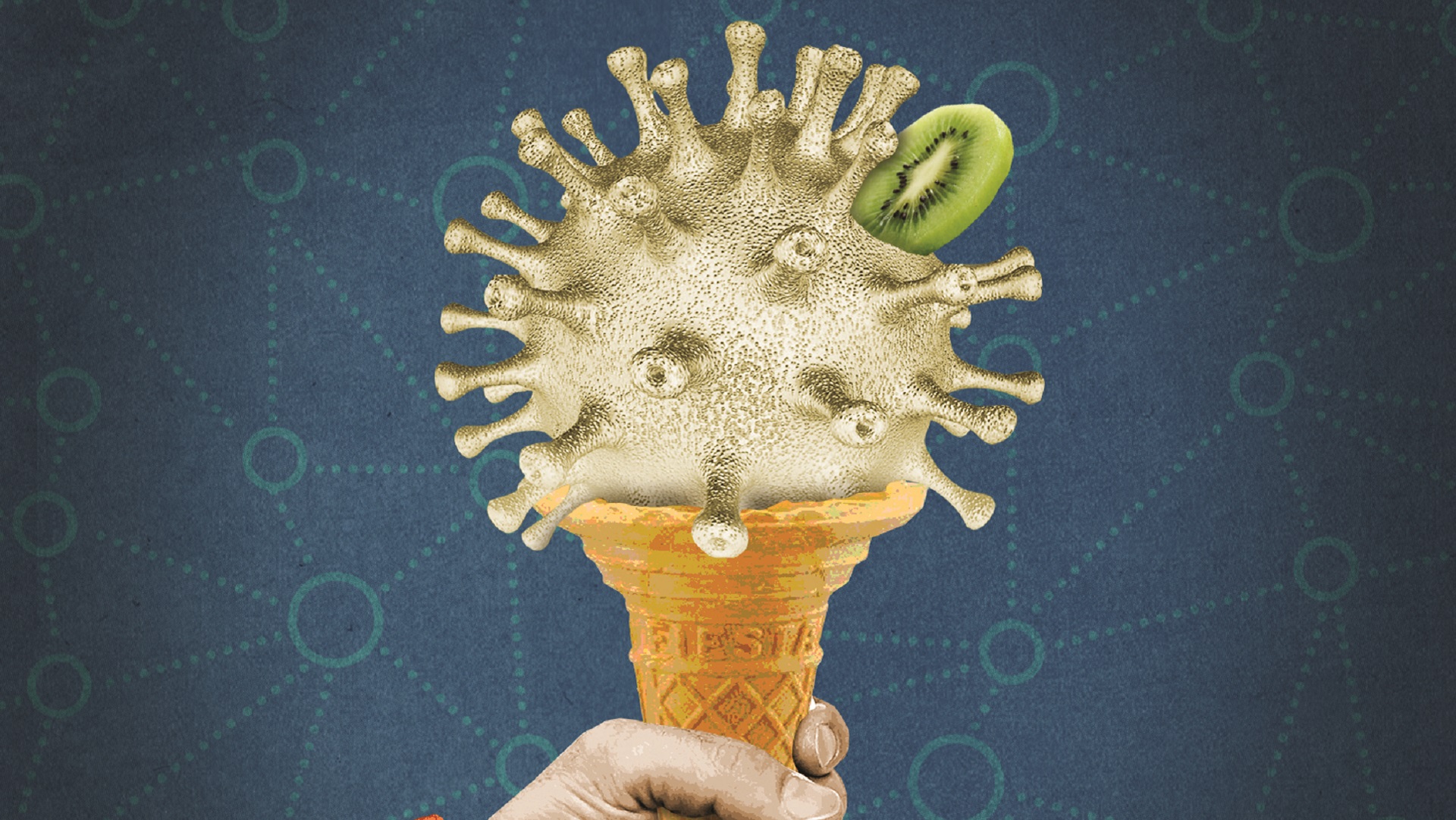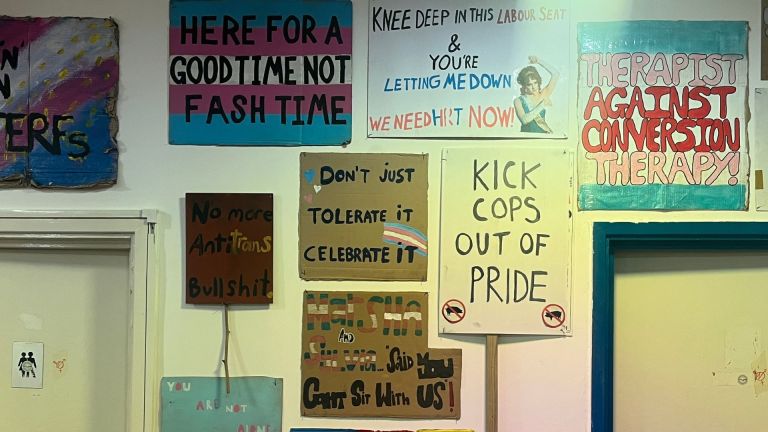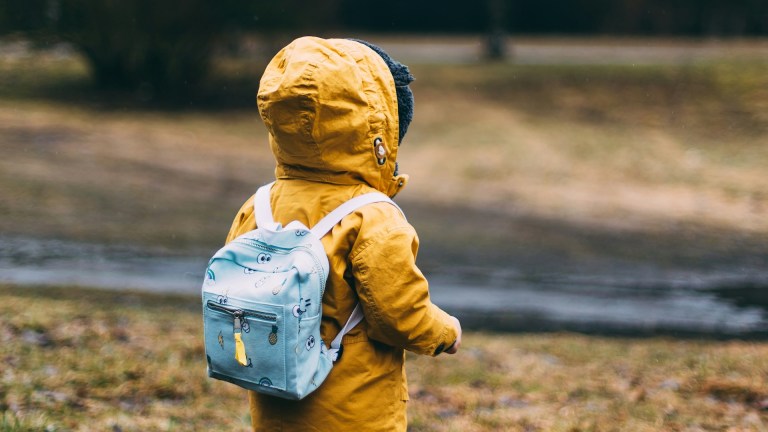Mail Online took more detailed approach building on reporting from China Daily, opting for: “More than 4,800 boxes of ice cream are found to be contaminated with Covid in China as authorities scramble to contact people who could be affected”.
Support The Big Issue and our vendors by signing up for a subscription
But this story wasn’t the only report of food testing positive for the virus at the time. On social media there were claims that Covid-19 tests were either unreliable or food and drink was contaminated as kiwis and Coca–Cola both produced positive results.
With plenty of kiwis and ice cream cartons guzzled and plenty of cans of Coke sunk during lockdown, surely there is no danger here?
Or is there?
Facts. Checked
It is true that boxes containing ice cream did test positive for Covid-19 but, as for kiwis and Coca–Cola, the matter is less conclusive.
Advertising helps fund Big Issue’s mission to end poverty
In either case, current evidence suggests that the chance of contracting Covid-19 from food remains low, particularly during current lockdown restrictions which limit contact with others indoors.
To be fair to the media outlets that covered the ice cream story, they did a good job of reflecting the need for caution when interpreting the story, which reportedly led to 1,662 company employees self-isolating following the positive tests.
All ran comments originally made to Sky News from Dr Stephen Griffin, a virologist based at the University of Leeds. Dr Griffin said the most probable cause lay with hygiene issues at the factory but played down the situation. He said: “We probably don’t need to panic that every bit of ice cream is suddenly going to be contaminated with coronavirus.”
However, the positive tests recorded on kiwis and Coca–Cola are not as clear cut. The social media posts relating to the soft drink go back to an Austrian parliament test from December. According to German publication Welt, National Council of Austria general secretary Michael Schnedlitz pulled out a rapid antigen test manufactured by Dialab and a glass of Coca–Cola and tested the drink in parliament.
Schnedlitz claimed that the test showed a positive result. But, as Dialab later explained, the test was conducted incorrectly as the drink was not swirled with a buffer to keep the pH value constant. Without that buffer, the antibody proteins of the test are destroyed and that indicates a positive test result.
Advertising helps fund Big Issue’s mission to end poverty
It’s a similar story for the kiwis, which are also acidic. Factcheckers Full Fact investigated that case and Dr Alexander Edwards, an associate professor in biomedical technology at University of Reading, told them: “If you completely ignore the manufacturer’s instructions or in fact use the test for something completely different, then you shouldn’t really be surprised if you get a silly result.”
As pointed out by IFL Science’s “Ice cream tests positive for COVID-19, but what’s the risk?”, food can become contaminated with Covid-19 and the virus can remain for some time.
And the area of research has not been extensive. A review of evidence from October, published in Environmental Chemistry Letters, found that “gaps for contaminated consumer foods, especially refrigerated and frozen varieties, to become long-range carriers of SARS-CoV-2” do exist.
But the risk appears to be extremely low so continue digging in.










